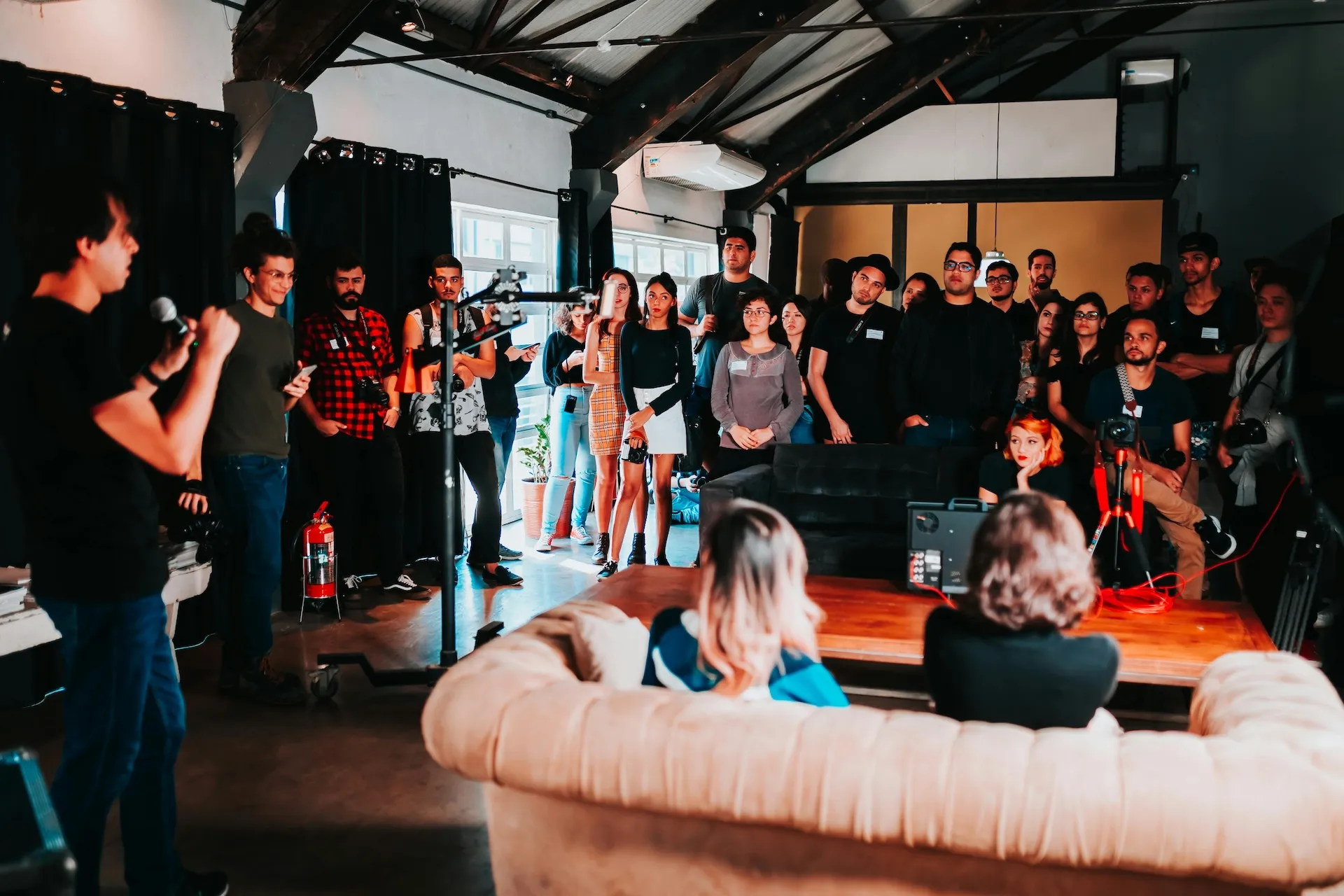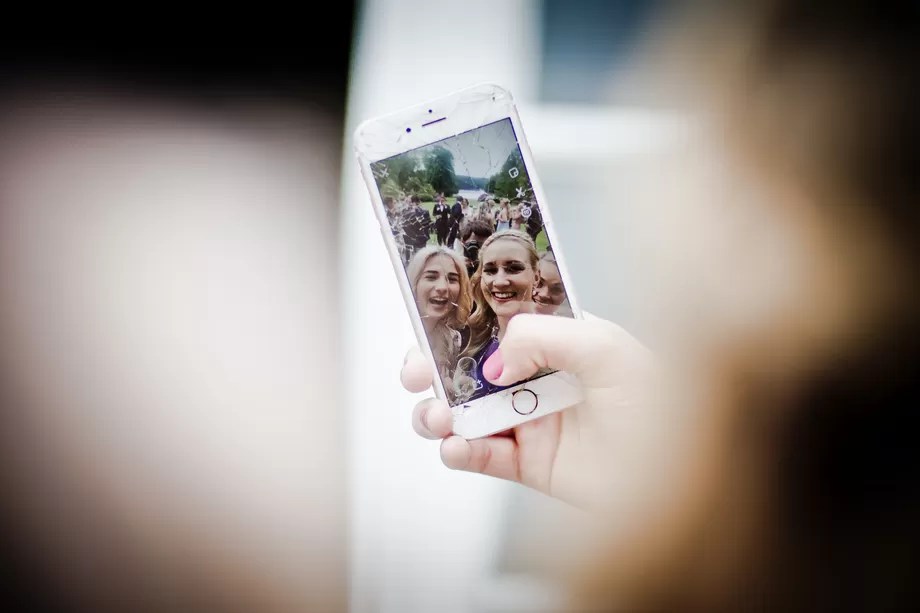
The Value of Experiential Marketing: Measuring Event ROI
Digital marketing is great (and necessary) but limited in the ways it can engage the senses. Events, on the other hand, can be immersive and deeply personal. More than just a highly visible marketing campaign, a brand event provides in-person experiences that make memories, improve your reputation and connect you directly with your community.
However, many businesses are either unaware of the value of experiential marketing or have no idea how to measure its return on investment (ROI). As a center-brained marketing agency with both digital and experiential expertise, we’re well positioned to support our clients’ events—and prove their success!

Experiential Marketing Explained
Experiential marketing, or event marketing, is the creation and promotion of planned branded experiences within a set date, time and place. It is an opportunity to connect to customers through virtual, live or hybrid events that leave a lasting impression beyond the usual brand/customer relationship.
Examples of events include pop-ups, conferences, cocktail hours, virtual meet-and-greets, performances, etc. They can be owned events that you host and control, earned events that you’re invited to based on business relationships, or paid events like trade shows that you spend money to attend.
Since marketing is all about building and maintaining relationships, consider this: if you only ever text and call a date, your relationship will grow, sure, but if you also meet them in person, then the sparks are far more likely to fly. For us, events are all about creating sparks between you and your audience.
The Measurable Value of Event Marketing
The issue most brands have with spending time, money and energy on event marketing is that they don’t know how to measure its ROI—or if measuring it is even possible. We can assure you it is measurable. While it’s not as cut and dry as digital marketing, there are clear key performance indicators (KPIs) you can track. It’s important to start by choosing what your KPIs for success are and then work towards setting qualitative and quantitative goalposts. (Yes, even emotional KPIs are trackable with the right strategy and sentiment analysis plan.)
Deeper Connection
In-person experiences allow you to engage your audience’s five senses, unlike digital marketing which is limited to sight and audio. The more positive sensory connections your customers make with your brand, the more top of mind you will be. It’s also much easier to establish an emotional bond with your community in person. Plus, you can put products directly into their hands, which will help kinesthetic learners understand your value.
Sample KPIs: increase in brand sentiment, increase in reported purchase intent
On-Site Sales
With a deeper brand connection comes a stronger aptitude to purchase. Whether attendees are impressed by seeing your product in real life or elated by the general experience you’ve provided (or both!), they’re more likely to make a purchase. During your event, be sure to make it easy to buy your product. A 2019 report by The Drum suggested that “brand in-hand experiences lead to an 85% intention to purchase and a 4:1 ROI.”
Sample KPIs: increase in sales, decrease in clicks to purchase online
Brand Evangelists
For better or for worse, some event attendees have no intention of becoming customers. But that’s okay! You don’t need everyone to purchase. If you facilitate an incredible experience, you’ll not only get new customers but create brand evangelists who do your marketing for you by word of mouth. They may direct others to stop by your booth at the tradeshow or share stories about your event with their friends and family. With that in mind, make sure you’re
Sample KPIs: increase in user-generated content, increase in branded hashtag use
Ticket Sale Revenue
Product sales isn’t the only revenue generation strategy for an event. Selling tickets is a popular way to achieve ROI before the event even starts. It also allows you to be flexible with your pre-event promotion marketing. If your ticket sales are doing great, you can slow down or even stop your ads so you can be more effective with your marketing dollars—and increase your ROI.
Sample KPIs: increase in ticket sales, increase in email database
Sponsorships and Partnerships
Lastly, experience marketing gets you out there in the open and interacting with the community, as well as with other brands. Your event may even impress a future investor or sponsor, or it might align you with a non-competitive brand that provides future opportunities for free cross-promotion. At EMB, we’re big fans of nonprofit partnerships because it builds trust and reinforces your values, which can forge deeper connections.
Sample KPIs: increase in partnership requests, increase in referral traffic
An Experiential Marketing Partner
Experiential marketing can make your brand stand out and provide measurable value in more ways than one. If you are ready to connect with communities, boost brand awareness and build a lasting connection with your customers, let’s chat about planning and marketing your next event today! Our event marketers have hosted successful experiences for brands like Verizon, PAW Patrol and Tamara Mellon, and we can do the same for you.
Don't leave yet. There is still a lot to learn about the value of events in the marketing universe. Check out our other blog posts about experiential marketing below!











